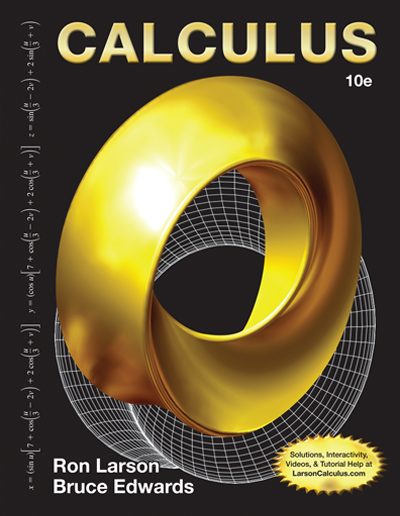Georg Friedrich Bernhard Riemann
(1826 – 1866)
Georg Friedrich Bernhard Riemann was one of the most influential and creative mathematicians of the nineteenth century. The second of six children, Bernhard Riemann was born on September 17, 1826 in Breselenz, Germany. His father, the Lutheran pastor of a country parish, was Bernhard’s first teacher. The Reverend Riemann encouraged his son’s evident mathematical genius, and sent Bernhard to the best schools he could afford. Nevertheless, Bernhard’s abilities were far beyond those of his classmates; growing impatient with the mathematical curriculum, he mastered, while still in secondary school, the works of Euler and Legendre.
In 1846, Bernhard entered the University of Göttingen. His original intention was to study theology and follow his father in ministry, but Bernhard’s keen interest in mathematics could not be subdued. He tried for a time to reconcile his study of theology with his love for mathematics by attempting to prove the veracity of the Book of Genesis by mathematical reasoning. When he failed, he allowed himself to be persuaded by his father to devote himself solely to mathematics.
Despite the presence of the famed Carl Gauss at Göttingen, the mathematics program at the time was relatively elementary and inadequate for a man of Bernard’s genius. Riemann enrolled in the University of Berlin in the spring of 1847. There, he soon became the protégé of professors Dirichlet and Jacobi. Both of these extraordinarily gifted mathematicians, but particularly Dirichlet, exerted a profound influence on Riemann’s thought.
In 1849, Riemann returned to the University of Göttingen and two years later submitted his doctoral thesis on Riemann surfaces and complex function theory. Successfully defending the thesis under questioning by Gauss, Riemann was awarded his doctorate in 1851.
Riemann’s mathematical research quickly led him to important discoveries in the fields of number theory, analysis, and non-Euclidean geometry. In 1854 he was appointed Privatdozent, a probationary position that entitled him to lecture, without pay, at Göttingen. Gauss died the following year and Dirichlet, Riemann’s former mentor, was appointed professor in Gauss’s stead. Dirichlet was instrumental in obtaining for Riemann first a small salary, and then a promotion to assistant professor, but neither was enough to lift Riemann from poverty. Nevertheless, he continued to publish the papers that would set the course for twentiethcentury mathematics.
In 1859, Dirichlet died and Riemann was appointed his successor as full professor of mathematics at the University of Göttingen. Ironically, this first financial success arrived concurrently with his contraction of tuberculosis. Riemann journeyed to Italy, hoping the warmer climate would restore his health, but the effects of years of poverty and deprivation proved irreversible. He died on July 20, 1866, at the age of thirty-nine.
Links
http://www-history.mcs.st-andrews.ac.uk/Biographies/Riemann.html
http://math.berkeley.edu/~robin/Riemann/index.html
References
- Asimov, Isaac. Asimov’s Biographical Encyclopedia of Science and Technology. Garden City, New York: Doubleday & Company, Inc., 1972.
- Boyer, Carl B. A History of Mathematics. 2d ed., rev. Uta C. Merzbach. New York: John Wiley & Sons, Inc., 1991.
- Gillispie, Charles Coulston, ed. Dictionary of Scientific Biography. Vol. XI. New York: Charles Scribner’s Sons, 1975.
- Hollingdale, Stuart. Makers of Mathematics. London: Penguin Books, 1989.
- Simmons, George F. Calculus Gems: Brief Lives and Memorable Mathematics. New York: McGraw-Hill, Inc., 1992.
- Struik, Dirk J. A Concise History of Mathematics. New York: Dover Publications, Inc., 1987.











